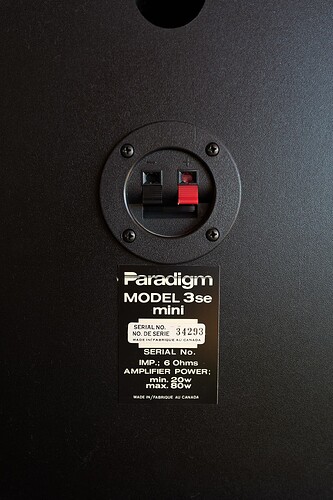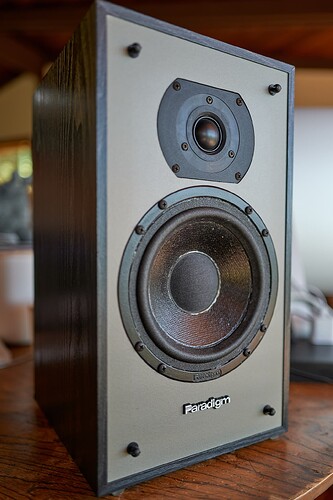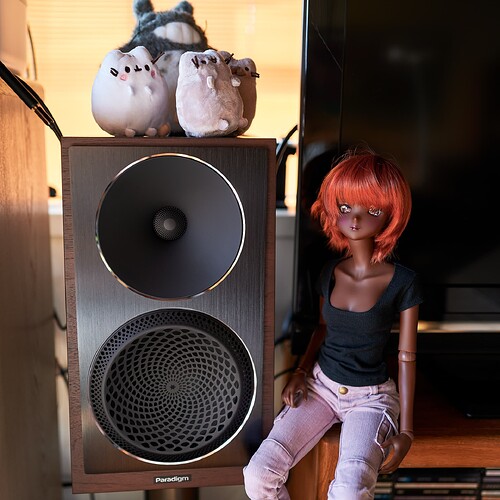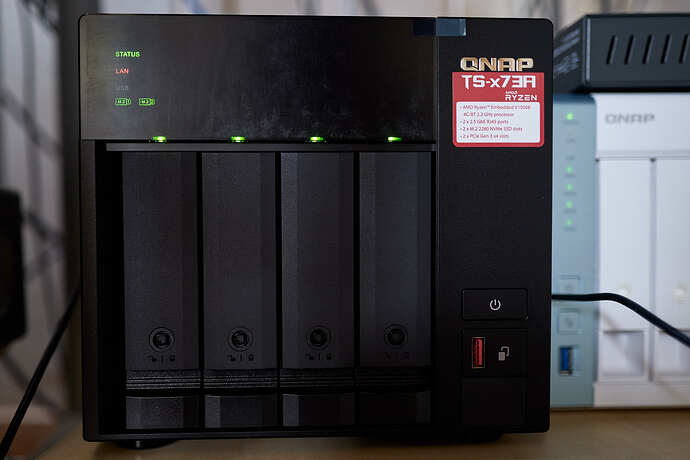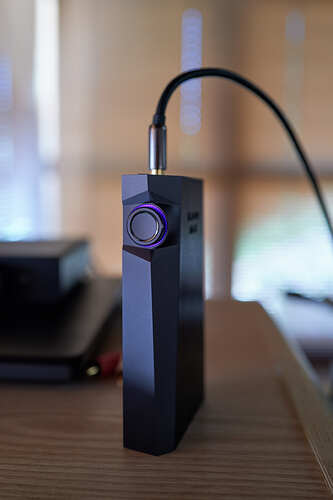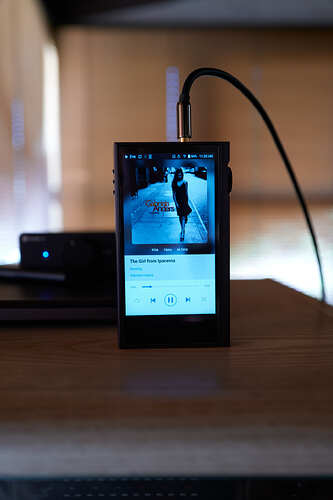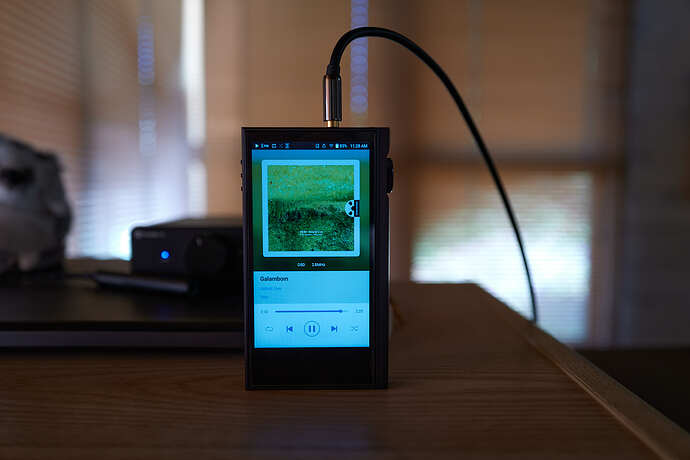It all started when the foam surrounds on my 30 year old speakers crumbled apart and had played their last song.
I really liked those speakers, so I decided to repair them myself. I figured, “What could go wrong? Worst case, I’ll just have to get new speakers.”
It wasn’t the cleanest repair job, but I got it done!
Unfortunately, I made the mistake of visiting the local HiFi shop and listened to some really great sounding gear. In a roundabout way, my worst case came true and I now have new speakers.
The HiFi shop used Roon to demo all their stuff. I realized that I not only needed new speakers, but I also needed Roon. ![]() My old QNAP wasn’t good enough to run Roon, so now I have a new QNAP too.
My old QNAP wasn’t good enough to run Roon, so now I have a new QNAP too.
To test Roon out, I used my portable music player since it is both Roon Ready and the best DAC that I have. Also, it can do line out directly into the amplifier.
Lossless PCM streaming checks out.
However, DSD gets downsampled to DSD 64 which is sad because the player can play up to DSD 512, but apparently only from its local storage or MicroSD card.
There wasn’t a lot of detail in the install guides about how to set things up, so I’ll list the choices that I made. Although everything seems to be working for me, I’m sure there are probably some better choices I could have made.
The new QNAP is a TS-473A.
I wanted ZFS, so I installed the QuTS Hero version of the firmware instead of the default QTS firmware.
I upgraded the memory to 32GB of ECC memory. I’m not sure if Roon needs the extra memory, but QuTS does and I also want to run some Virtual Machines on the QNAP.
The ZFS system pool is installed on the internal M.2 SSDs which are set up in RAID 1 with 10% over provisioning and 10% reserved for snapshot storage. I have no idea if I allocated too much or too little for these system pool configs.
I created the Roon Server folder in the system pool so that it would be on SSD. This folder was thin provisioned with a 64 GB capacity and 32 KB block size. I thought I’d read somewhere that the Roon database would never need more the 64 GB. The folder is thin provisioned so I can easily increase it later, if need be.
As for block size, databases are supposed to benefit from using a smaller 4 KB block size, but block size seems to be a complicated topic especially for SSDs, so I don’t know what the right answer for block size is. In any case, Roon has already created a lot of files in the folder (eg, over 15k so far), so I don’t think Roon is a typical database application.
Folders can be automatically compressed and deduplicated. Normally, compression won’t do much since most media is already compressed. However, compression is supposedly cheap so I followed the recommendation to leave it on.
Currently, my Roon Server folder is compressed down to 7.5 GB from 9.9 GB, so compression netted about 25% in savings. Deduplication is not turned on, but would only have saved about 0.2 GB if it were.
I put my music on the conventional HDD disks. ZFS has no problem maxxing out the QNAP’s 2.5 Gb ethernet connection so I have no worries about putting the music on the “slow” disks.
AAC playback didn’t work, so I needed to follow the community guides on how to install a version of ffmpeg with AAC support in the RoonOnNAS/bin folder.
So far, everything’s working great and I’m enjoying my Roon journey! Next step is to get a better amplifier…
